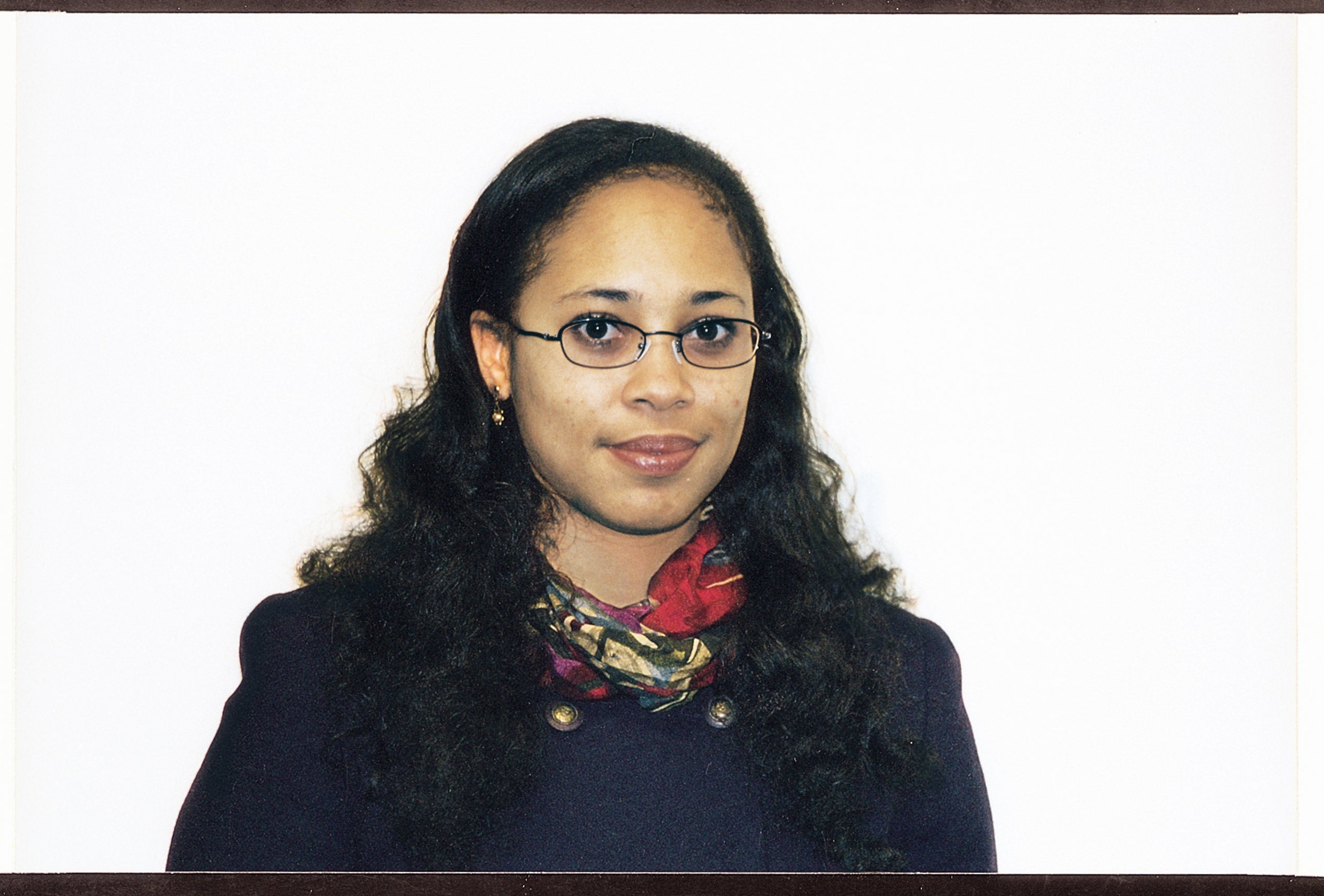I was recently tenured at Wayne State University Law School in Detroit. I am ecstatic at my accomplishment. This achievement culminates years of work and foretells what I hope will be a promising career. Nonetheless, I am also embittered by the hazing rituals involved in joining a tenured club, exacerbated by the additional hoops placed before me by “colleagues,” sometimes for obviously race-related motives, sometimes for obviously gender-related motives, sometimes for a combination of reasons related to all aspects of my identity.
I am the first African-American woman, indeed the first woman of color, tenured at Wayne State University Law School. Though I am well acquainted with history, especially racial and gender history, I never imagined that I would be a “first” in the year 2001. I do not mean to single of Wayne State since I am positive there are many other institutions with similar histories. However, I would be remiss in not pointing out my disappointment at the record of an institution in the cultural center of Detroit, a city known for its many contributions in the overall struggle for civil rights.
As I reflect on the occasion of my tenure, I recall the students’ quest for progress and equality during my time at Harvard Law School. I remember the urgency that I and my classmates felt in our activist efforts. Participating in the Coalition for Civil Rights, a confederation of student organizations, we sought the symbolic goal of getting the law faculty to hire a woman of color for the first time in its more than 100 years of existence. I say “symbolic” because, though the literal goal was certainly sought, the students were seeking a diverse faculty who could relate to a greater number of the students who could teach from the bounty of different perspectives. I say “symbolic” also because, though the 1998 appointment of Professor Lani Guinier was marvelous, I hope that the faculty does not view it as an end, but rather the beginning. I also remember that our purpose was for Harvard Law School, the premier institution in the nation and perhaps the world, to serve as a model for excellence in all areas so that other institutions could follow its lead. Most especially I remember being a foot soldier in the activist cause, not a leader as I had been in different times in my life, or through other organizations. I remember attending as many of the rallies and silent protests as I could. I remember admiring the oratory skills of fellow students such as John Bonifaz, Keith Boykin, Charisse Carney, Peter Cicchino, Jodi Grant, Ian Haney-Lopez, Camille Holmes, Lucy Koh, Mark McGoldrick, Spencer Overton, Ronald Sullivan, David Troutt, and countless others. I remember cheering on the Griswold Nine, who staged a sit-in in the dean’s office, risking arrest for their beliefs. Finally, I remember that by the time I graduated, Professor Derrick Bell had “officially” left Harvard and our goals had not been met.
I suppose the ultimate connection is that while I was at Harvard, I participated with others in seeking change for an important, broader purpose in my law school and in society. I ended up leading my own cause in a personalized struggle for change, resulting in my own tenure. I never imagined that in any sense I would end up embodying the symbol that I sought in law school. I was inspired by the collective struggle then as I am now. I just wish I could say that the cause were not so timely.
Zanita Fenton ’93 is associate professor of law at Wayne State University Law School.
